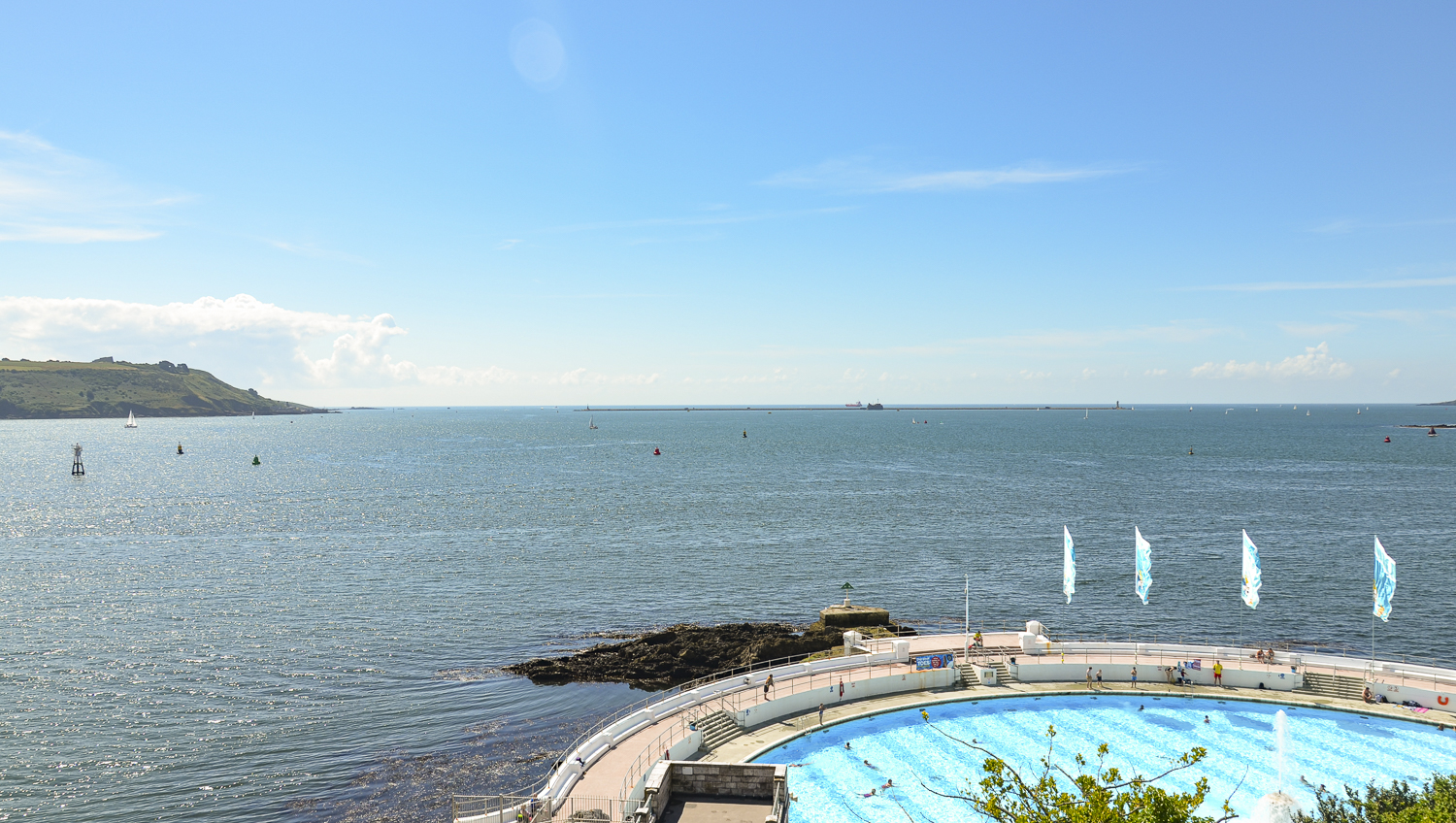A £1.2 million project led by the University of Plymouth is set to upgrade the offshore infrastructure of Smart Sound Plymouth, enhancing the capabilities of the National Centre for Coastal Autonomy (NCCA). This collaborative initiative, supported by funding from the Heart of the South West Local Enterprise Partnership, will further develop the unique proving ground for businesses to test, trial, prototype, and commercialise new products and services.
The Smart Sound Connect Subsurface (SSCS) project builds on the existing Smart Sound Plymouth infrastructure and involves collaborations with Plymouth Marine Laboratory and Sonardyne, a marine energy, defence, and science company. Working together, Sonardyne will provide an underwater acoustic communications and navigation network that will reinforce Smart Sound Plymouth as a unique, fully connected proving ground for businesses to develop advanced marine technologies across all domains: above, on, and below the water. This partnership brings together the expertise and resources of all organizations involved, enabling the creation of a cutting-edge testbed for marine innovation and autonomy.
The SSCS project will also be enhanced by new specialist lab facilities at City College Plymouth’s Centre for Higher Technical and Maritime Skills at Oceansgate. This connection will support training and development opportunities, creating a pipeline of future professionals via various study routes. The University and City College Plymouth will also develop a skills escalator to ensure that businesses and individuals can access the skills needed for the rapidly growing autonomy and marine technology markets.
Professor James Fishwick, Head of Smart Sound Plymouth at Plymouth Marine Laboratory, said:
“The Smart Sound Connect Subsurface network will integrate into the existing advanced surface networks to deliver a fully connected environment; combining underwater, surface, and aerial platforms to deliver a world-leading testbed for marine autonomy.
The support of the Heart of the South West LEP has been fundamental to the development of Smart Sound, and I look forward to working with our partners to deliver this fantastic platform for innovation and training of the future workforce.”
Geraint West, Head of Science at Sonardyne, said:
“We’re really excited that our technology will be heading the next chapter in Smart Sound Plymouth’s evolution. We are proud members of the Plymouth maritime ecosystem, and this project is set to be a great showcase not only for our technology, but also the region as a whole.”
Professor Alex Nimmo-Smith, Associate Professor of Marine Physics at the University of Plymouth,
“This initiative expands on the already unique capabilities and facilities of Smart Sound Plymouth, and creates unrivalled opportunities for research that will advance our understanding of the ocean. It will also enable us to work even more closely with businesses across the marine and maritime sector, and to use our collective knowledge to inspire the workforce of the future.”
The upgraded Smart Sound infrastructure is a priority in the Ocean Futures 10-year investment plan and will deliver new growth opportunities across multiple sectors, including offshore renewable energy, aquaculture, defence, and advanced engineering.
As the UK’s first autonomous fully integrated net zero coastal observing and monitoring network, the NCCA is committed to employing the latest autonomous technologies to deliver world-leading and cutting-edge science. The enhanced capabilities provided by the Smart Sound Connect Subsurface project will enable us to deploy the latest autonomous technologies and deliver world-leading, cutting-edge science that will help us better understand and protect our coastal environments while driving innovation in the marine technology sector.

